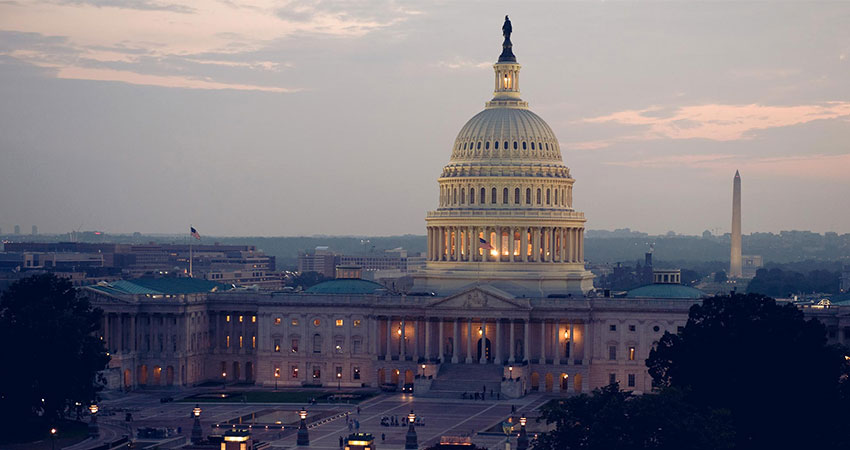Bipartisan legislation being considered in Congress could force the big tech four of Amazon, Apple, Alphabet Inc.’s Google and Facebook to either split in two or shed private-label assets in a major attempt to regulate and de-monopolize the four big tech titans, according to the Wall Street Journal.
A separate bill expected to hit the floor soon would limit the ability of big tech firms to use their own platforms in a way that improperly favors and directs consumers toward their own offerings, the WSJ reported. This would set up a long-brewing major showdown with massive firms wielding enormous clout and influence, especially in Washington, that are unwilling to yield any of their hard-won territory.
The narrowness of definition in the pending legislation – companies with a market capitalization of over $600 billion, more than 500,000 active monthly users and one that’s a “critical trading partner” – point only to the four big tech giants. Walmart is below the threshold, with a market cap of $392 billion.
“It shall be unlawful for a covered platform operator to own or control a line of business, other than the covered platform, when the covered platform’s ownership or control of that line of business gives rise to an irreconcilable conflict of interest,” the draft language of the first bill states, according to the WSJ, adding it’s subject to change.
Five other bills are under consideration aimed at limiting big tech, including ones that address data portability and would regulate acquisitions that could be viewed as an unfair competitive threat.
In October, the U.S. Department of Justice, joined by attorneys general from 11 states, filed an antitrust lawsuit against Google alleging it used its market power to thwart competition in search and advertising, setting up a battle on the level of the 1990s federal action against Microsoft.
Eleven months before that, investigators from the Federal Trade Commission (FTC) started interviewing merchants selling on Amazon’s third-party marketplace to investigate whether the ecommerce giant was using anti-competitive practices. This came two months after reports that the FTC and the DOJ were dividing up investigations of Google, Apple, Facebook and Amazon.

